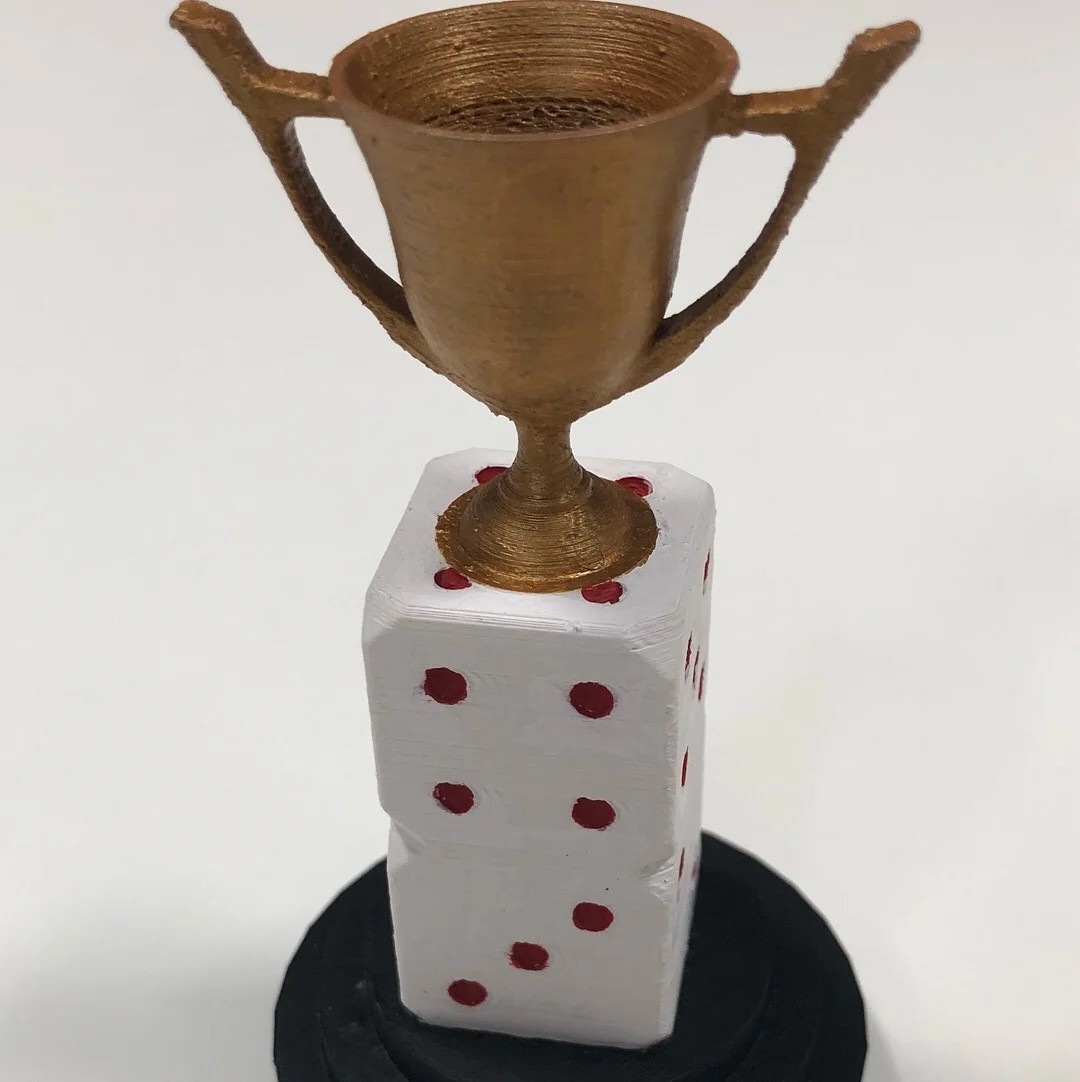Silence
Today’s tip is something that you may think is counter-intuitive but is a very useful tool to have in your tool box.
As a Dungeon Master you will have to control your group of players in terms of pacing and story. One of the most powerful ways to do this is by staying silent! As you have established yourself as the describer of the world, the NPCs and the judge on rules there are social cues that come into play at the table. When you are not talking it is up to the players to fill in the silence. If you only respond to direct questions and specific story or combat triggers your players will fill in the detail and interactions for you.
This technique allows your players ownership over the game and allows them the perceived freedom to do anything. Everyone hates to be railroaded but more often than not players will sheppard themselves along the storyline if you leave them to talk amongst themselves. How I first realised its power is by giving my players a day off; they got to explore the city by themselves and spend some of their hard earned loot. I got to find out what the players found interesting and helped them to establish a dynamic to their party. This took half of the session for them to wander around a city I had built and for them to talk to each other in character.
Once you have set up specific triggers for combat or encountering NPCs then you can really just sit back and watch the game unfold in front of you. You can use these trigger points however you see fit and move or change them to fit what is going on in game. This has the upside of your prepared storylines and your background work lasting longer in game and ultimately causing less work for you!
I see this as a hard to learn skill as you know what’s coming up for the players and you want them to get to the ‘exciting’ part as quickly as possible. You have to remember that this game is about the journey and not the destination, the gritty interactions and fun your players have on their way to fighting the Big Bad Evil Guy make the whole experience more satisfying, enjoyable and meaningful. It’s a delicate balancing act of letting go of control even though you really are the person in control of the whole thing!
It is also important to point out that this teaches computer gamers how Tabletop RPGs work differently to what they are used to. I have had some fairly negative experiences with computer gamers who come into the hobby because they don’t have the understanding of the ‘role playing’ part. Letting the other characters show them the way or intervene in character to address their brash behaviour is beneficial for the group as a whole and the individual. It helps to break down the idea that you go from an NPC, do a quest, fight, loot, return and receive reward. The nuance of the social interactions makes tabletop role playing games so special.
I hope this tip helped you out and let me know what fun interactions you got out of leaving your players to talk in the comments section below.
May you roll well!













